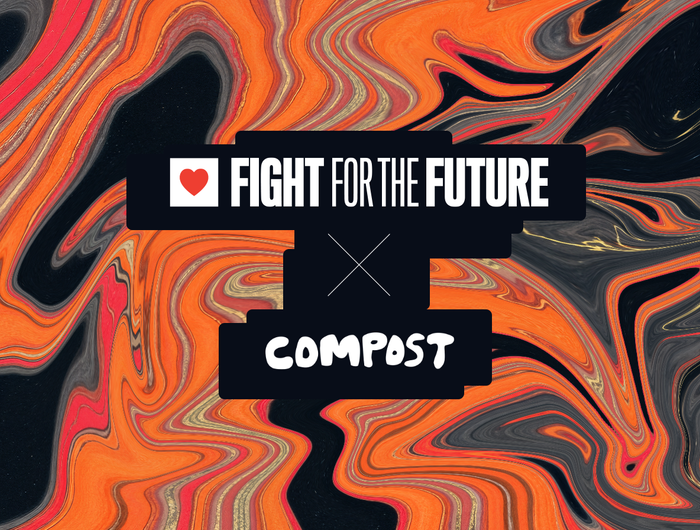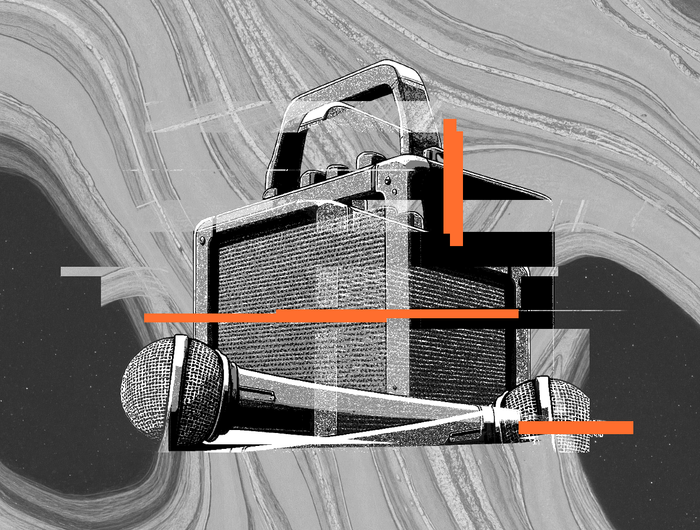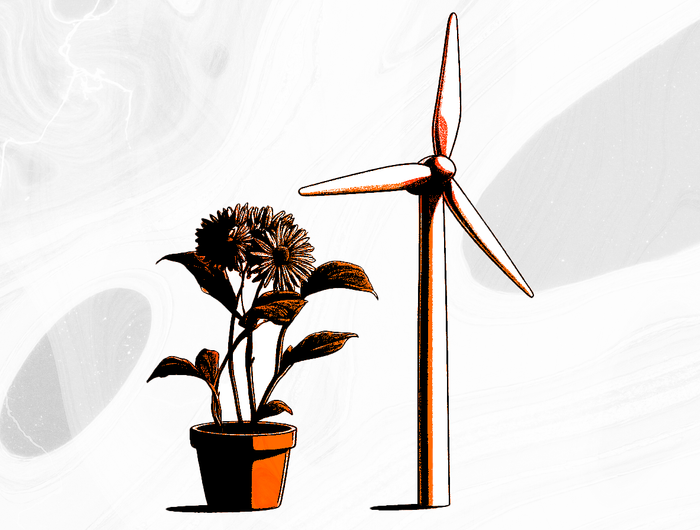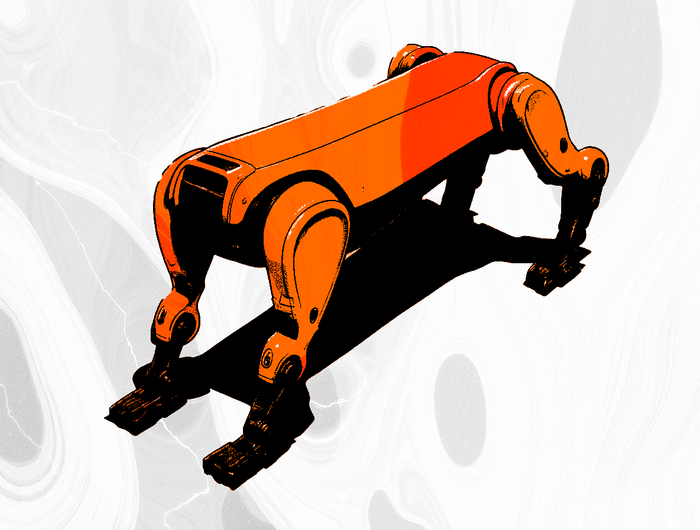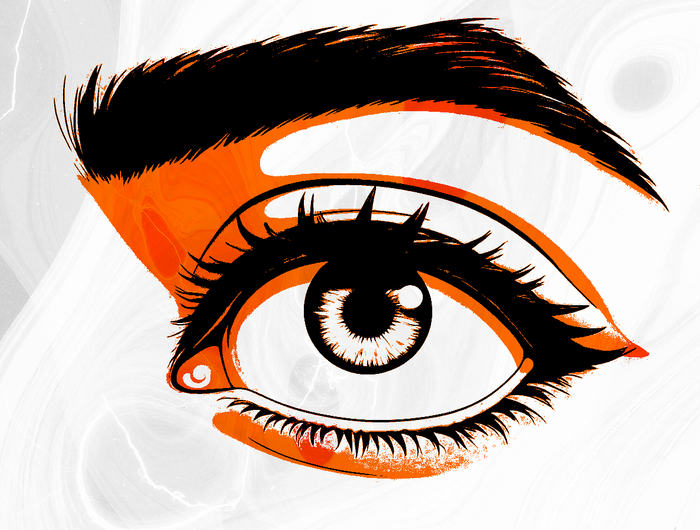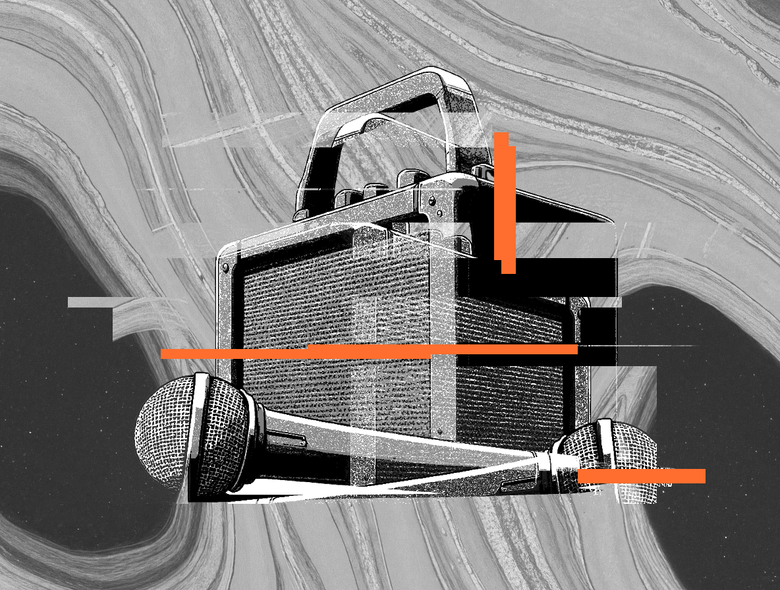
Perspectives: Taking Back the City
What follows is a synthesis of thoughts and discussion related to Taking Back the City by Christine Phan.
These largely come from a series of discussion sessions at RightsCon 2025 in Taipei, Taiwan. They are intended as fodder, inspiration, and incitement for creators to dig deeper on surveillance technologies and consider intersections in their own forthcoming works.

Theory of change and making room
These characters have a clear theory of change — a concept used throughout activist movements to analyze strategies and tactics and keep their work on target. Here, the theory of change could be: “by destroying the surveillance data and infrastructure used to repress activism and social change in our city, we will make room for local liberatory movements to accelerate.” Note that it’s not a complete picture, the activists here see themselves as part of a continuum, in a wider community that they’re knowledgeable about and have trust with.
“I shouldn’t have to see your full online profile to want to end the world with you.” - RightsCon Participant
“Love this, like why do we feel information will help us judge each other’s actions rather than just witnessing each other’s actions?” - RightsCon Participant, in reply
Most struggles for justice or liberation aren’t just diverse, they’re long, intergenerational efforts. Expanding our vision of what “heroism” is to include more intergenerational activism is both hopeful and healthy for those in the fight today.
And they don’t have to fix the world or fix universes. We find stories that focus on the scale of local communities or even a family are just as compelling. In fact, in anti-surveillance work, what activists look for most as campaign and advocacy inflection points are opportunities to humanize the impacts through relatable, down-to-earth stories that help people connect the harms to their own lives.
“When you’ve saved the universe a bunch of times, big stakes become no stakes” - RightsCon Participant
More:
-
Theory of Change: https://www.theoryofchange.org/what-is-theory-of-change/
-
Hope in the Dark by Rebecca Solnit: https://app.thestorygraph.com/books/36c4574f-39cf-42bc-bb90-248e12cb0d5d

Surveillance shapes these characters — because they don’t control it, it controls their lives in unique ways that differ with their identities
Phan gives each character a background that intertwines their personality and their motives with the manifestations of the surveillance state. Digital surveillance data in the hands of centralized authorities like the police and the government has shaped their lives and supercharged their marginalization in different ways—whether they’re brown or queer or undocumented or poor or anti-war. Amanda didn’t get to pursue higher education because of the harms of surveillance for her family; James doesn’t want to be complicit in surveillance-fueled military killings, so he hasn’t found work despite being a brilliant programmer. Throughout the story, Phan emphasizes and humanizes why they are voting with their actions to put more control back in their communities by erasing marginalizing surveillance data. The impacts and motives feel real.
“Marginalized communities need to be more seen in the common narrative around these technologies and their effects, because they are the most impacted and also have the most to say.” - RightsCon Participant
Phan has chosen to emphasize the power of solidarity between different marginalized groups. This is familiar across history — such as when the Black Panthers showed up to support and feed disabled people who were occupying a building to demand accommodations. You can also see it today, as mask bans sweep across US college campuses and immunocompromised people and anti-genocide activists unite to resist them. Alliances do indeed make us more powerful, and mapping out the role that each community in your world would take in resisting or subverting surveillance tech is an underutilized worldbuilding tool.
More:
-
Crip Camp: https://www.youtube.com/watch?v=OFS8SpwioZ4
-
Stop Mask Bans: https://www.stopmaskbans.com/

The power of subverting expectations
One of surveillance tech’s biggest flaws is hidden in how it attempts to reify so-called normality. It assumes that humans are all mostly the same and will mostly behave in a consistent way. Phan interrogates surveillance and gender through the lens of drag: these facial recognition algorithms, these security cameras, these data classifications? They rely on thinking of gender as binary: hard-coded and consistent. Woman, man. Anything else — any other sort of performance — is going to throw them off. The impact of surveillance can change dramatically depending on the community it’s brought into, and some may find an ease with resistance or subversion that’s inaccessible to others. So explore the chameleons in your story: how did their backstory give them what might seem like a superpower to other characters?
Subverting expectations is a superpower that can trick machines even better than it tricks real human beings. And these acts of personal resistance open the possibility and hope of a reader, even when done on the smallest scale of a facial recognition-confusing scarf, or drag makeup.
More:
-
Everything I Know About Obfuscation I Learned from Drag Queens: https://medium.com/surveillance-and-society/everything-i-know-about-obfuscation-i-learned-from-drag-queens-9eca82e679f3

It’s okay to be unrealistic — venture capital sells bad tech and marketing lies incessantly
In this age of cloud computing and best practices of backing up all our data multiple times, it seemed improbable to some of us at first that the police would choose to store all the surveillance data in one server with no backups. But here’s the thing—it’s entirely possible that there’s some venture capital backed tech startup with a multi-million marketing budget meeting with a police department and convincing them to do that, right now.
One of people’s greatest weaknesses around technology is that they want to believe that computers are magic — that if they just buy the right innovation it will protect them, fix their problems, and never mess up. Tech startups play right into that weakness. They sell terrible tech that doesn’t work to governments, major corporations, and academia all the time. Sometimes, those institutions buy it because of an existing relationship, because someone’s sister got a job at a technology marketing firm, or like the racist e-proctoring tech that textbook companies trojan-horsed into universities at the start of the COVID pandemic. A lot of surveillance tech is broken technology that will never do what it promises.
In this story, we see a strong depiction of a public-private partnership in the relationship between DATASCAPE, the Seattle Police Department, and the Emerald Casino. These public-private partnerships that entangle governments and surveillance corporations and influential third parties regularly run roughshod over human rights. The deals they cut are often shrouded in non-disclosure agreements, spreading dangerous surveillance infrastructure around the world with minimal oversight.
Another way that bad tech gets into the hands of police, at least in the US, is through police foundations. These are nonprofits that technology companies donate money and services to, so that they can get their products in the hands of police without any safeguards or oversight. Tech loves saying that cops use their stuff, so they have a whole back door system to convolutedly donate their stuff to cops.
This story encourages you to not let the unrealistic limit the story you want to tell around surveillance tech—instead, come up with how those who use it were sold on it, and ideally, have that bite them in the ass. Reality for the most part is stranger than fiction in this department.
More:
-
Shotspotter is a Failure. What’s Next?: https://www.macarthurjustice.org/blog2/shotspotter-is-a-failure-whats-next/
-
The Inventor: Out for Blood in Silicon Valley: https://en.wikipedia.org/wiki/The_Inventor:_Out_for_Blood_in_Silicon_Valley
-
‘Blurring the lines’: As donor’s millions aid Las Vegas police, observers raise questions: https://www.reviewjournal.com/crime/blurring-the-lines-as-donors-millions-aid-las-vegas-police-observers-raise-questions-3276842/
-
An ed-tech tragedy? Educational technologies and school closures in the time of COVID-19: https://unesdoc.unesco.org/ark:/48223/pf0000386701

The power of knowing where tech falls short
These characters make it their business to know the systems they’re fighting and to study them: what karaoke music interferes with audio surveillance, how the police database works, the vulnerabilities of startup culture.
There are a lot of harmful conspiracy theories perpetuated online about how surveillance technology works. So if your technology is not fictional and your story is close-to-real-life, it is good to do thorough research and consult experts. Like it or not, people learn from your narratives and retain the information inside them; you’re giving them, to quote Professor Donna J. Haraway, “thoughts to think with” in their own lives as they confront the challenges and repression of being surveilled. Confusion in fiction that purports to be accurate can be dangerous, so please don’t underestimate your writing as an educational tool.
Technology also falls short in how its users conceptualize it. Cops often have a “surveillance for thee and not for me” mentality. When it’s in their hands alone, they use surveillance to protect themselves and hide when it might hold them accountable to those they target. Consider, for example, that police body cameras point away from the police themselves—and that they are very infrequently used for police accountability in the US, but often used as evidence to incarcerate more of the US population. The US ranks behind only Cuba and Rwanda in its incarceration rate.
It would be interesting to dive down the rabbit hole of ways this vulnerability could play out other than on a centralized server, or how it might look different if communities owned all the data. How would that decentralized ownership become something other than “everyone spies on everyone”, or feed opaque AI systems interpreting videos and that are supposed to tell us what is true? What’s a surveillance problem and what’s a larger societal issue? Are there some things you can’t solve? And does that have to just be okay?
More:
-
Power User Podcast. May 8, 2025: “How the media tricks you into loving the police”: https://podcasts.apple.com/us/podcast/how-the-media-tricks-you-into-loving-the-police/id1733535260?i=1000706789576
-
Mass Incarceration Trends: https://www.sentencingproject.org/reports/mass-incarceration-trends/

We loved that this story chooses…
-
NOT TO stop or wallow in its exploration of how surveillance equals oppression. Instead, its freedom-forward and focused on liberatory action that each oppressed person is uniquely equipped by their lived experience to take.
-
TO ground the power of the story in real people’s life experiences so it doesn’t feel far-flung at all. It’s a hopeful story for today.
-
NOT TO accept the lazy frame of surveillance being good so long as the good guy has it—instead, they want to destroy it. Often storytelling can lean into binary good/evil frames for ease, but pretending like “evil” will never gain access or subvert a well-intentioned surveillance system reinforces some of the most harmful and pervasive narratives.
-
TO give a good Ocean’s 11 heist vibe. This was a frame we’d enjoy reading more of to bring people together around dealing with a surveillance tech issue. There’s accessible intermediation of one character’s experience coming to all the others, and through conversation and shared experience they bring other identities and impacts into the frame—showing both unique impacts and also illustrating the power of shared harms.
-
TO remind us that that high-end education doesn’t make anyone less or more of an “expert” when it comes to lived experience and resistance.


